Pilot Job Benefits: Top Perks of an Aviation Career
Jul 16, 2025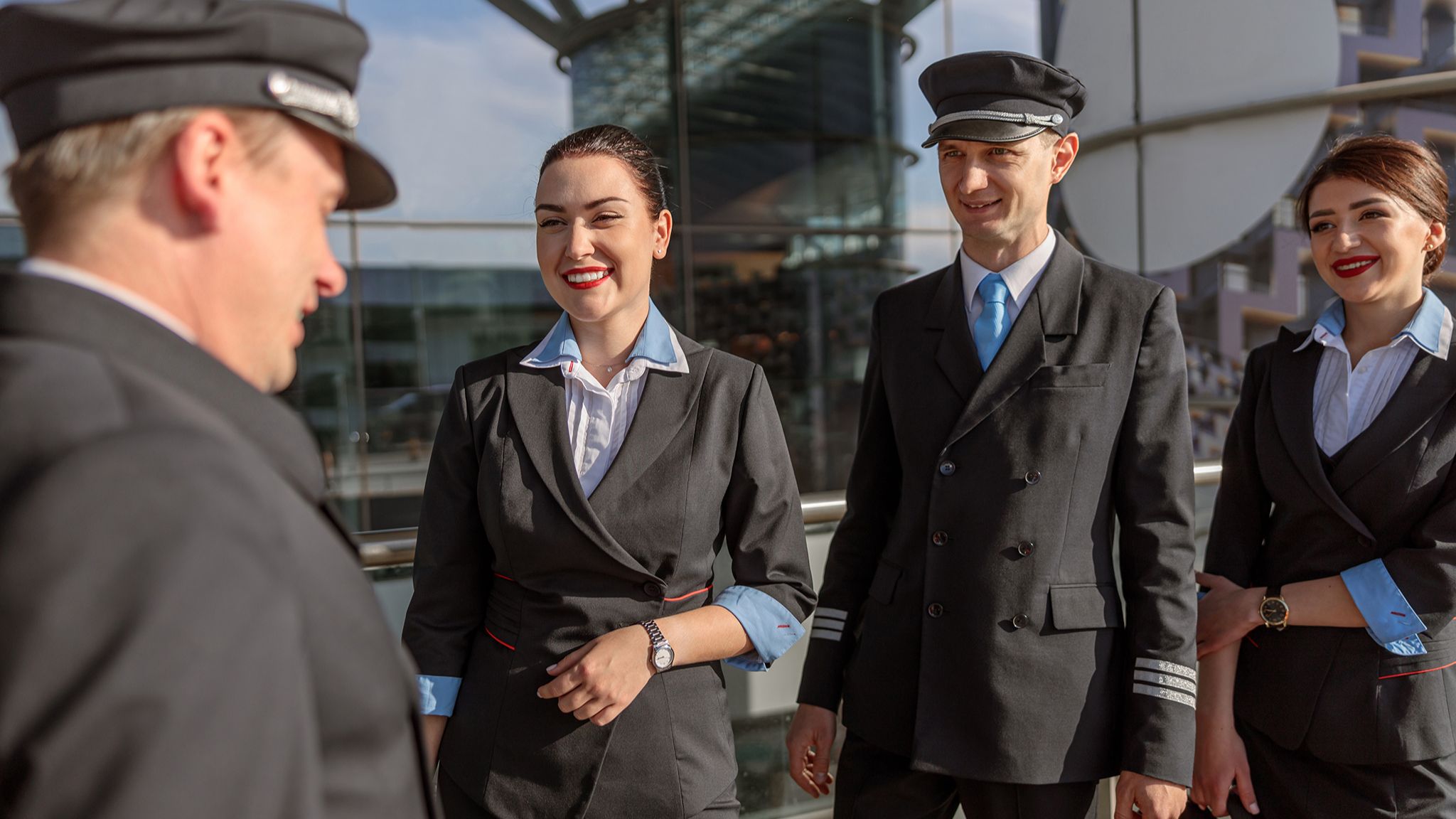
Thinking about pilot job benefits? Here are the top reasons why being a pilot is a good career including different career paths, high pay, travel perks and job security. Read on to find out the benefits pilots get.
Key Takeaways
-
Pilot careers have many options, from commercial flying to drone piloting, so you can choose your own path.
-
Aviation industry has high pay and job security, with competitive salaries and lots of growth.
-
Pilots get unique travel perks, flexible schedule and full benefits to boost their overall job satisfaction and quality of life.
The Process of Becoming a Pilot
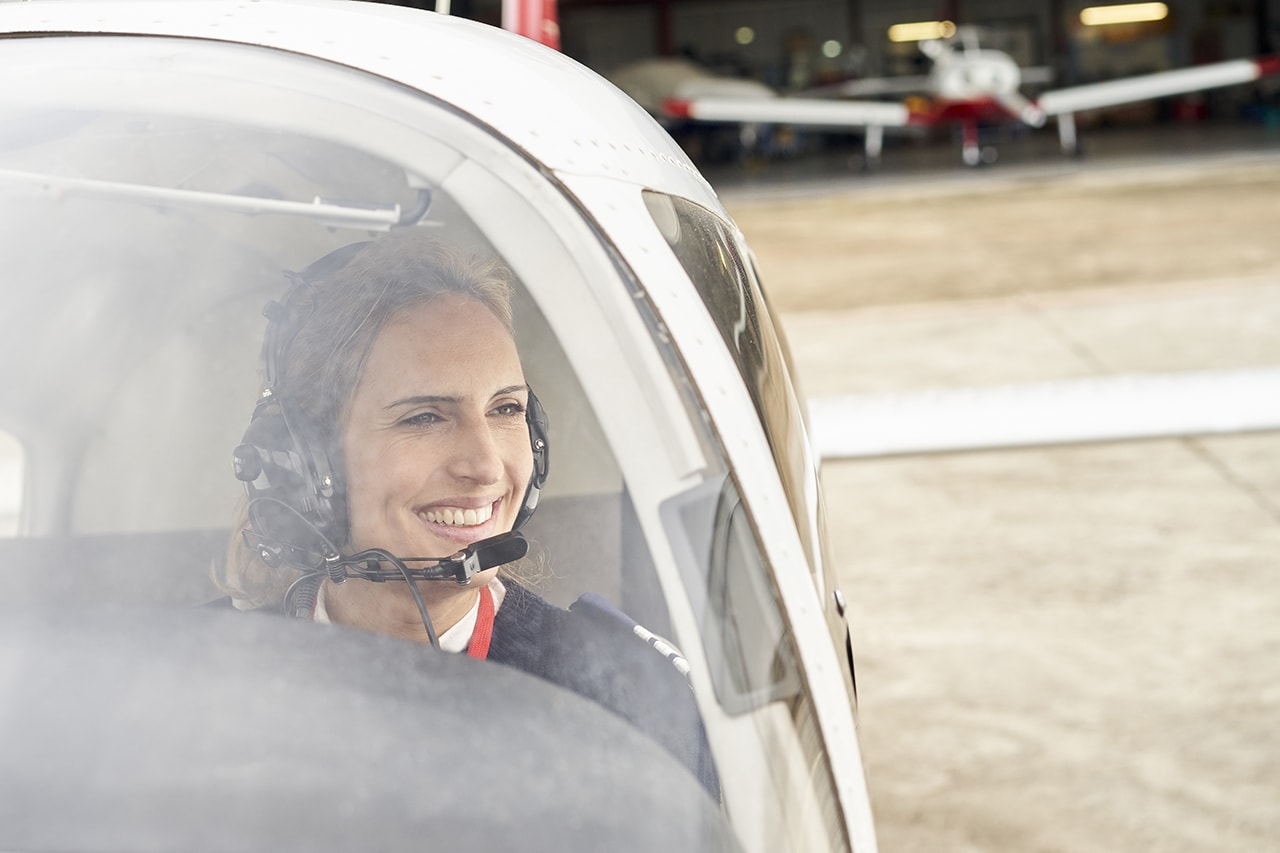
Becoming a pilot is a journey that requires commitment, training, and a passion for flying. Most aspiring pilots begin by enrolling in a flight school, where they learn the fundamentals of aviation and start building their flight hours.
The foundation usually starts with private pilot lessons, which are essential for mastering the basics before moving on to more advanced training.
The first step is usually earning a private pilot certificate, followed by an instrument rating, which allows pilots to fly in a wider range of weather conditions.
To advance to a career as a commercial airline pilot, you’ll need to obtain a commercial pilot license and a multi engine rating. These qualifications are essential for flying larger aircraft and meeting the requirements of most airlines.
Many airlines also look for pilots with a significant amount of flight experience, so building your hours is a key part of the process.
The path to becoming a pilot takes hard work and dedication, but the payoff is worth it.
With the right training and experience, you can enjoy a competitive average salary, great benefits, and the opportunity to travel the world as a commercial pilot.
If you’re ready to put in the effort, a rewarding career in aviation is within your reach.
Diverse Career Paths
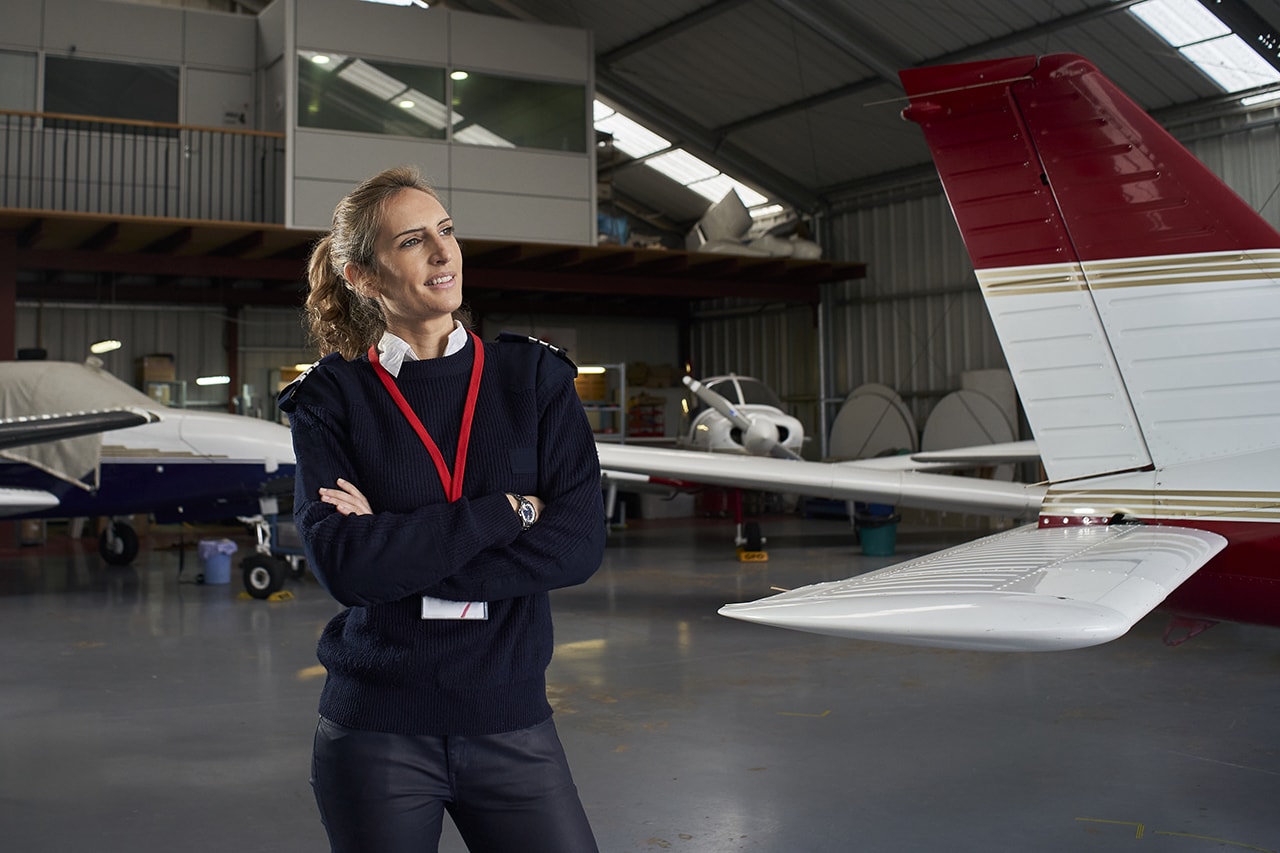
A pilot career has many paths to choose from, that’s what makes it so cool. Whether you want to:
-
Be a commercial airline pilot
-
Fly business jets for companies as a corporate pilot
-
Provide medical transport as an air ambulance pilot The options are endless.
Many pilots also transition from military aviation to commercial or private sectors, with the military serving as a valuable pathway for developing skilled pilots.
Adventurous types may like flying for firefighting or government agencies like the FAA and Homeland Security.
The growing field of drone piloting also has opportunities across many industries and throughout the country, offering nationwide scope for pilot careers.
This means you can tailor your career to your interests and lifestyle, making piloting a dynamic and fulfilling profession.
Aspiring pilots can explore these diverse options to find the perfect fit based on their passion, whether it’s flying passengers, helping in emergencies, or embracing new tech in drone aviation.
Skills and experience in one area can often be transferred to another, so more flexibility and career growth opportunities.
Enrolling in a comprehensive flight training course is essential for aspiring pilots to gain the necessary education, practical experience, and certification.
The aviation industry is all about adaptability, that’s why it’s great for those looking for a long term career that has all the skills for success.
There are many advantages to choosing a pilot career, such as job security, competitive salary, and travel opportunities. Pursuing a pilot career offers advantages like flexibility, professional growth, and personal fulfillment.
High Earning Potential
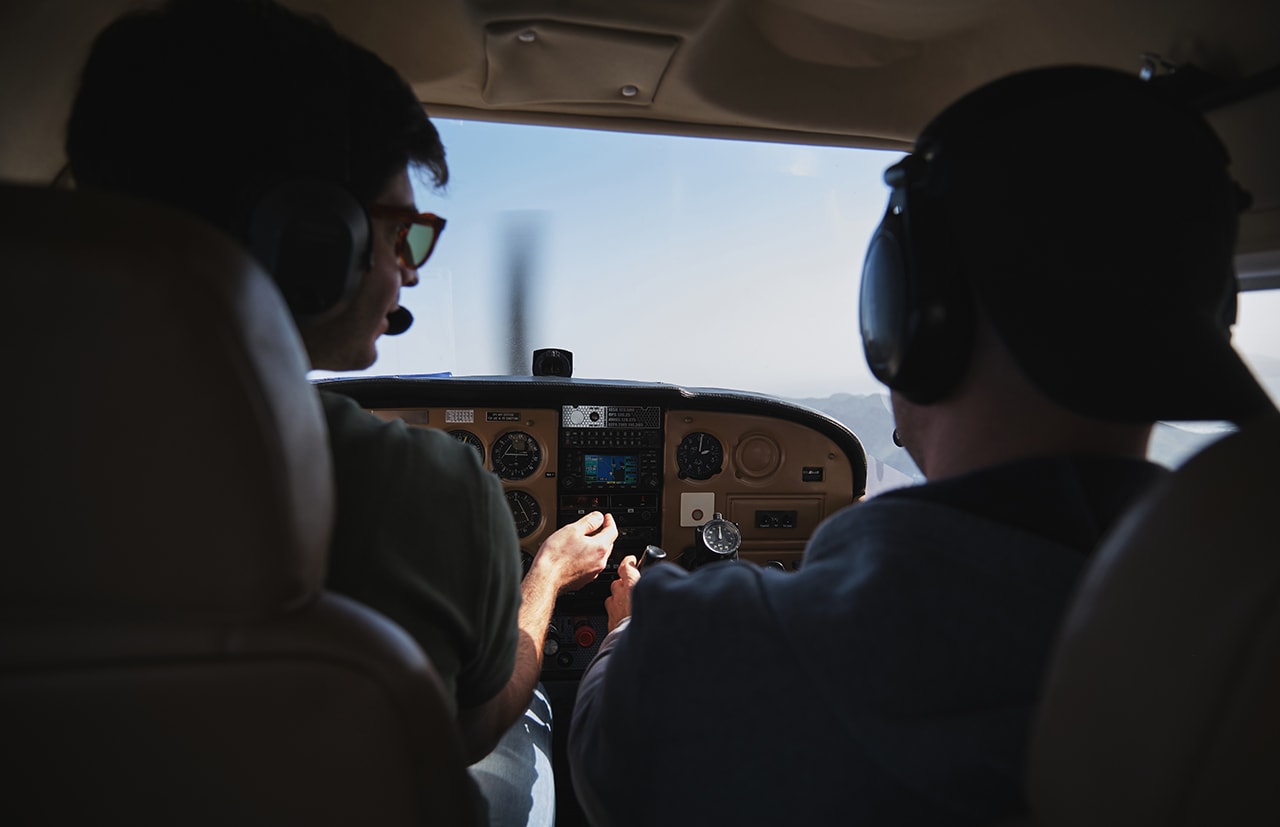
Pilots are one of the highest paying professions. In 2025:
-
Median salary for airline pilots is around $226,600.
-
Many pilots earn more based on their rank, airline and aircraft type.
-
Salary range is from $56,000 to over $700,000 a year. This is a big growth opportunity.
One financial advantage of a pilot career is the potential to earn significantly more than many other professions, especially as you gain experience and seniority.
A big pilot shortage has driven these higher salaries. Airlines are offering competitive pay packages to attract and retain qualified pilots in the scramble to fill positions.
While the initial cost of flight training can be high, the long-term earning potential and financial rewards of a pilot career far outweigh these costs.
This demand will only continue to grow in the coming years and salaries will go even higher and pilots will have good salaries and great benefits.
Pilots get bonuses and benefits that add to their overall compensation. These can be:
-
Profit sharing
-
Signing bonuses
-
Other financial incentives
A base salary plus extras is a very rewarding career for those who put in the work.
Travel Perks
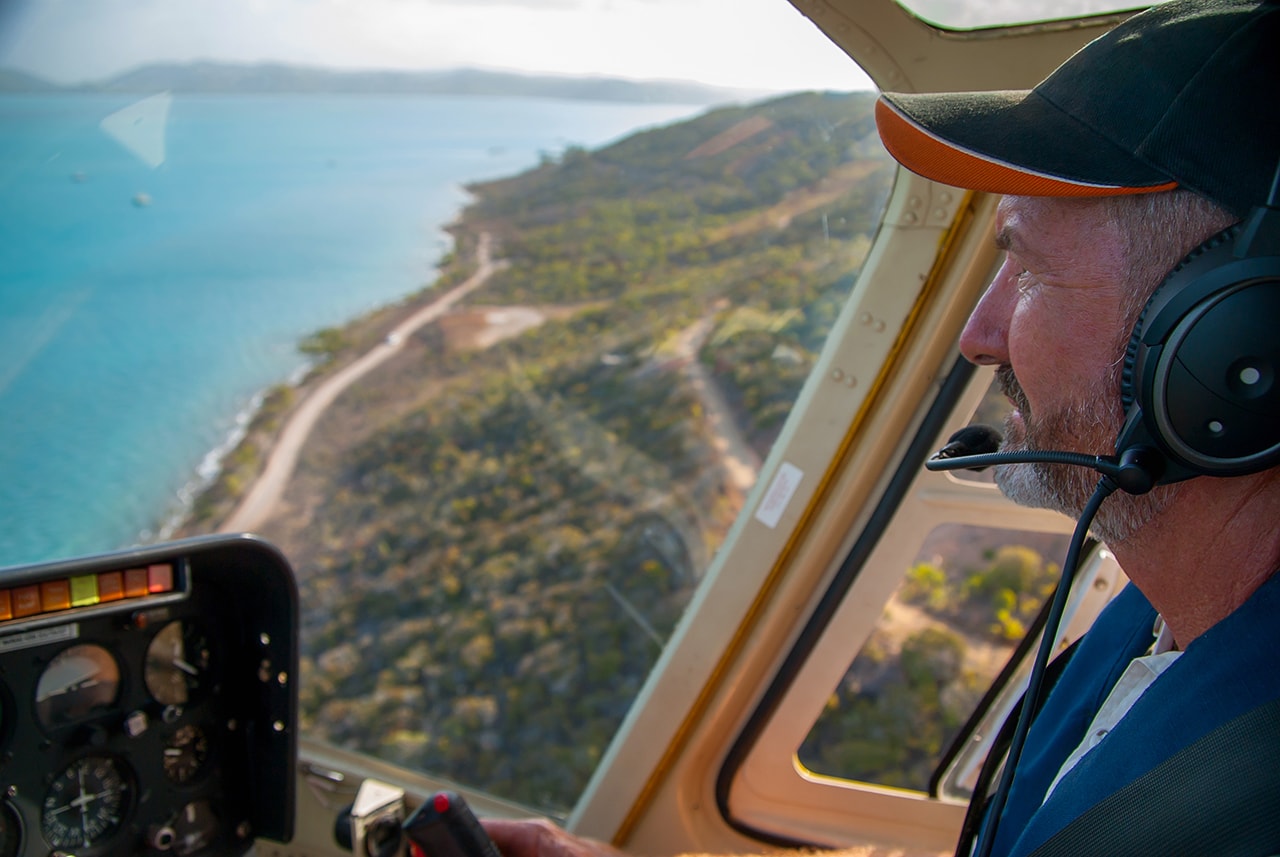
Travel perks are the best part of being a pilot. Pilots get:
-
Free or almost free flights for themselves and their families
-
Access to travel discounts and special offers
-
To travel the world without spending a dime
-
To visit new places
-
Experience different cultures
-
Create unforgettable memories, including flight benefits.
After enjoying free or almost free flights, pilots can also purchase airline tickets at a reduced price for themselves and their families, making travel even more affordable.
The job takes pilots to various international flights to different international destinations during layovers. Pilots regularly fly a variety of routes, including long-haul flights that can last over 10 hours, as well as short-haul flights to nearby cities.
This is the opportunity to visit cities and countries that many people only dream of visiting.
From watching sunset in Bali to trying local food in Paris, pilots can immerse themselves in different environments while on duty, including the different aircraft flown on various routes around the world.
This job pays well for those who love to fly. These travel experiences are personal fulfillment at its best.
Aerial views, landing in new cities, sharing adventures with loved ones travel perks are a major advantage of being a pilot.
Flexible Work Schedule
A flexible work schedule allows pilots to balance life and work. Pilots work involves not only flying duties but also the opportunity to travel to various destinations, carrying passengers and enjoying unique travel privileges.
Unlike 9 to 5 jobs, pilot hours are all over the place, so you have more control over your schedule.
This flexibility allows you to manage your personal commitments and have some downtime, which is good for work life balance.
Overnight stays away from home are part of the job, you need to be adaptable. This also means you get to see different places and cultures, which is an adventure in itself.
Extended time off and paid leave allows you to rest and recharge so you’re always at your best for every flight.
Many airlines have wellness programs, including gym memberships, to support pilots’ physical and mental well being.
Most airlines have these programs to help you live a healthy lifestyle, which adds to job satisfaction.
One major advantage of being a pilot is having a flexible schedule compared to traditional jobs, giving you more freedom and opportunities to explore. Flexibility, support and adventure makes being a pilot a very rewarding job.
Comprehensive Benefits Packages
Full benefits packages give pilots financial security and peace of mind. One major advantage of a comprehensive benefits package is the added protection and support it provides for pilots and their families. These include:
-
Health insurance
-
Dental insurance
-
Vision insurance
-
Life insurance
Life and accidental death insurance for free, plus additional coverage options, on top of that.
Many airline pilots also have retirement plans like a 401(k) with company matching. So pilots can plan for the future and retire comfortably.
Good pay, great benefits and financial security makes being a pilot a great career. The advantages of these benefits ensure pilots enjoy long-term financial security and peace of mind.
Job Stability and Growth
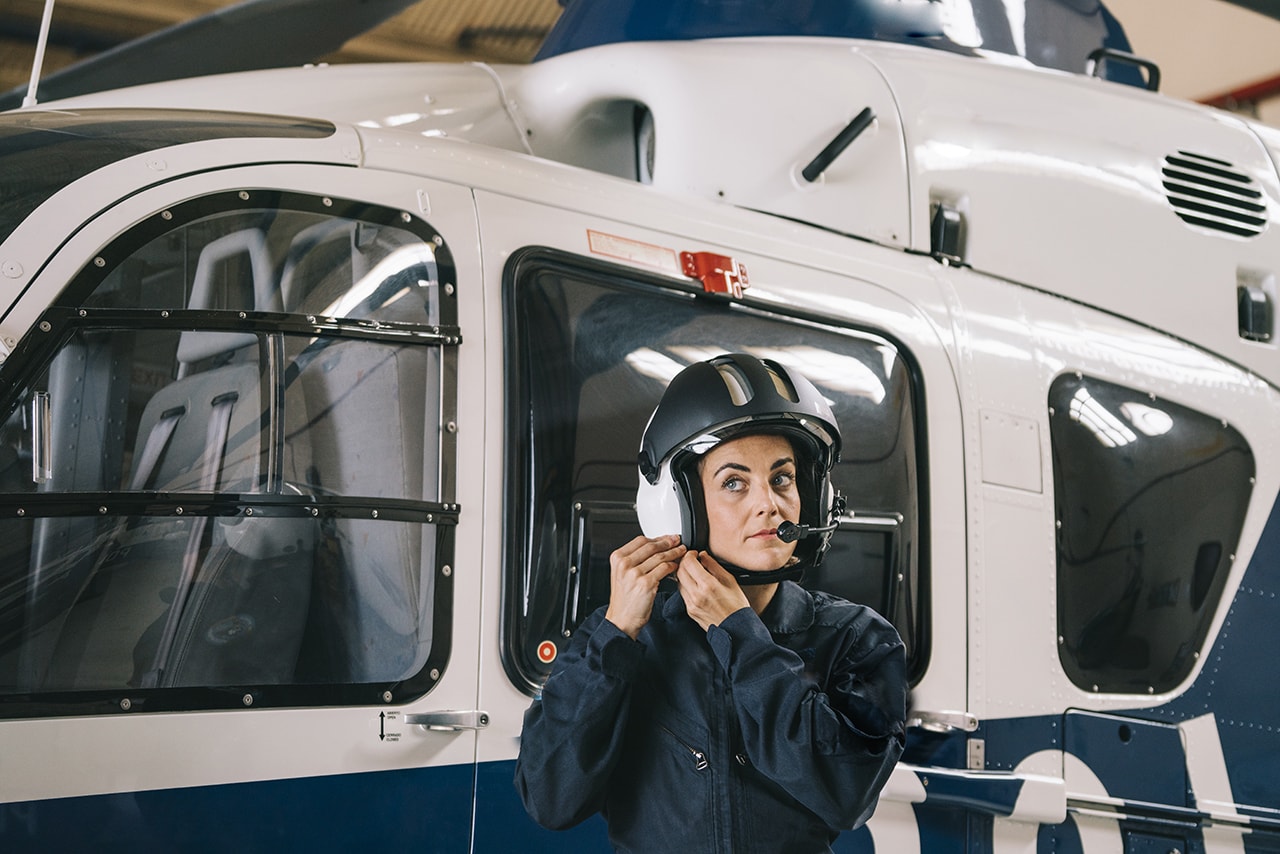
The aviation industry has a lot of job security and growth for pilots. Changing aviation regulations create new opportunities and requirements for pilots, impacting job stability and training.
Demand for certified pilots, commercial, cargo and corporate is always high. 13% growth for airline and commercial pilots by 2030 means the industry will continue to expand, especially for those getting a commercial pilot license.
About 18,500 pilot job openings each year, mostly due to retirements and workforce changes.
High demand means qualified pilots and most pilots have plenty of career advancement and long term job security. A pilot shortage means we need skilled professionals so now is a good time to get in.
For those willing to put in the work, the aviation industry offers a clear path to career advancement, higher pay and great benefits. Stability and growth, along with job security as a key advantage, makes being a pilot attractive to many.
Unique Work Environment
Being a pilot is a unique work environment like no other. The ever changing view of the sky and the freedom of flying at high altitude makes the pilot’s workplace exciting and dynamic.
The views from up there and the thrill of flying an airplane adds to the job.
Time zones and weather conditions make a pilot’s work environment dynamic. Pilots must also be prepared to handle bad weather, which can make their work environment even more challenging and unpredictable.
No two days are ever the same. Beautiful views, adventure and the ever changing nature of the job makes being a pilot so rewarding.
Pilots also work closely with air traffic controllers to navigate complex airspace safely and efficiently, which adds another layer of coordination and precision to their unique environment.
For those who love adventure and a dynamic work environment, a pilot career has it all.
One major advantage is working in such a unique and ever-changing environment, offering opportunities to explore new destinations and experience the world from a different perspective.
The view and the freedom of flying makes this job one of a kind and allows you to chase your dreams.
Professional Development

Pilots have many opportunities for professional development and continuous learning. Many airlines pay for education expenses so pilots can further their knowledge and skills.
A multi engine and instrument rating is required for most commercial airline positions and increases marketability.
More certifications can open up career advancement opportunities and make you more marketable.
Multi engine training requires you to demonstrate proficiency in complex aircraft operations, so you need to have a deep understanding of specific aerodynamics and systems.
The skills needed to become a successful pilot include technical flying skills, decision-making, communication, and teamwork, all of which are developed through comprehensive flight training.
The aviation industry is all about continuous learning and skill development, so there are many opportunities to grow and advance through flight school.
Many pilots start their journey by attending a private pilot class, which lays the essential foundation for further training and professional growth.
Enrolling in a structured, FAA-approved flight training course is a key step in professional development, with many flight schools offering flexible and specialized training programs to meet different career goals.
Focusing on professional development keeps you engaged and motivated throughout your career.
Mental and Physical Stimulation
A mix of critical thinking, decision making and physical fitness is key to being a great pilot.
Assessing weather, managing flight plans and operating aircraft systems in the cockpit are mentally stimulating tasks that keep you engaged and challenged, and highlight your responsibility. The plane is a big part of this dynamic environment.
Mental challenges during flights require you to solve complex problems, so you’ll develop your critical thinking and decision making skills.
You also need to meet specific physical health requirements, including good vision and no heart conditions to do your job safely.
Mental and physical stimulation makes being a pilot an exciting and rewarding career. Unique challenges and opportunities for skill development is what makes pilots overall job satisfaction and fulfillment.
Sense of Fulfillment

Not many jobs can match the sense of fulfillment of being a pilot. Piloting is a fulfilling and dynamic profession that attracts individuals who are passionate about aviation. Ensuring passenger safety and the efficiency of air travel is a big part of a pilot’s job.
That sense of purpose is what gives long term job satisfaction and achievement.
Flying, exploring new places, and being passionate about aviation adds to the fulfillment pilots get. Purpose, excitement and passion makes being a pilot a very rewarding job and many pilots love flying.
The advantages of this profession, such as travel opportunities, professional growth, and financial rewards, all contribute to the strong sense of fulfillment pilots experience.
Summary
In summary, a pilot career offers many advantages, including high salary, international travel, job security, and a variety of career paths. From multiple career options and high pay to travel perks and a unique work environment, the rewards are many and varied.
The flexible schedule, benefits package, and opportunities for professional development add to the advantage of pursuing this profession.
Flying isn’t just a job, it’s a lifestyle of adventure, fulfillment, and personal growth. If you are passionate about aviation, being a pilot is a journey worth taking and offers the advantage of turning your passion into a rewarding career. The sky is not the limit it’s just the beginning.
